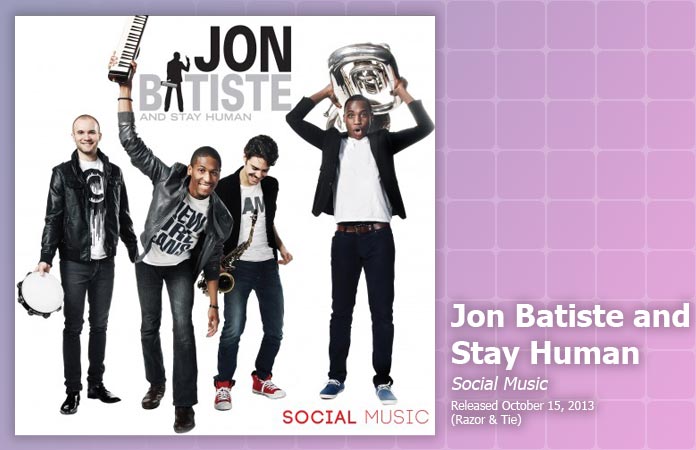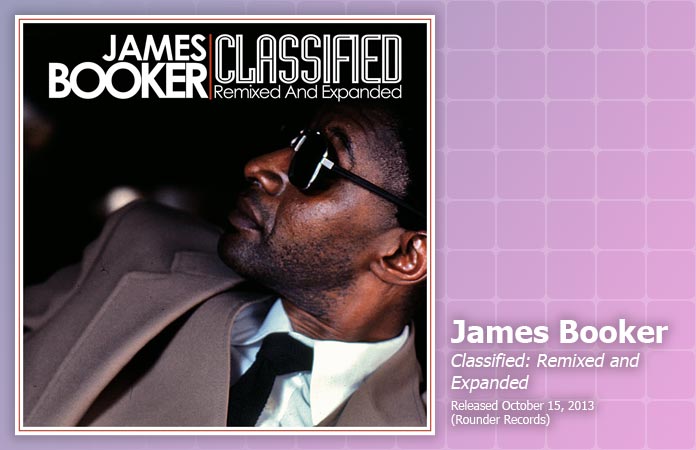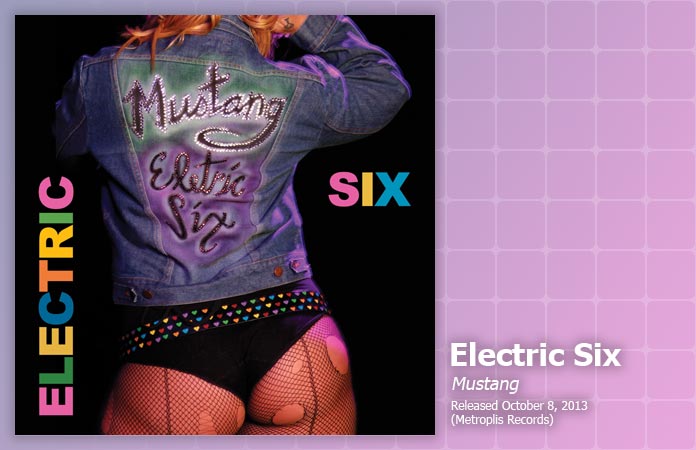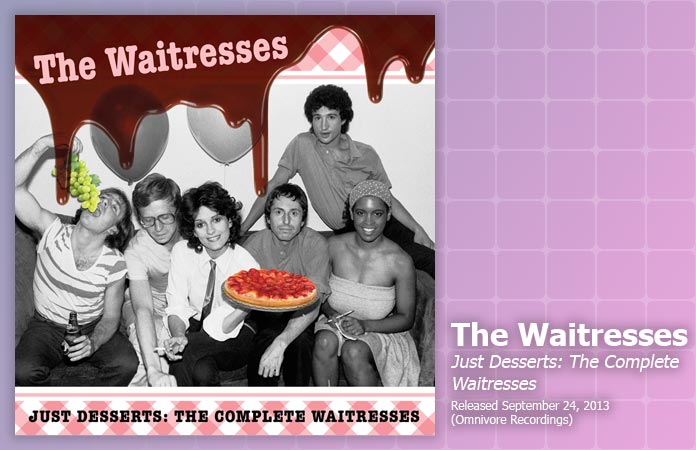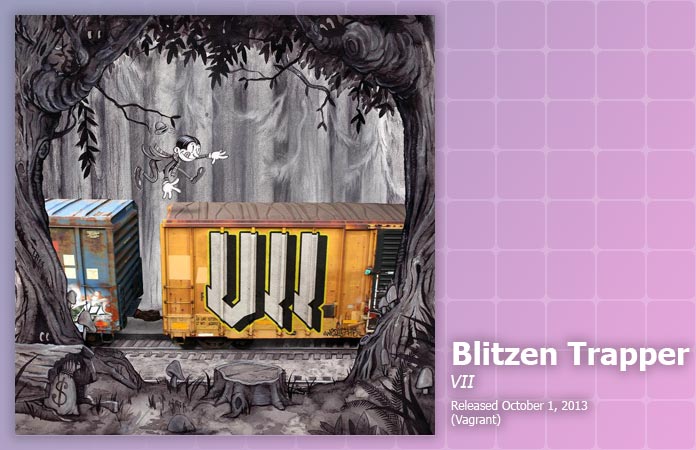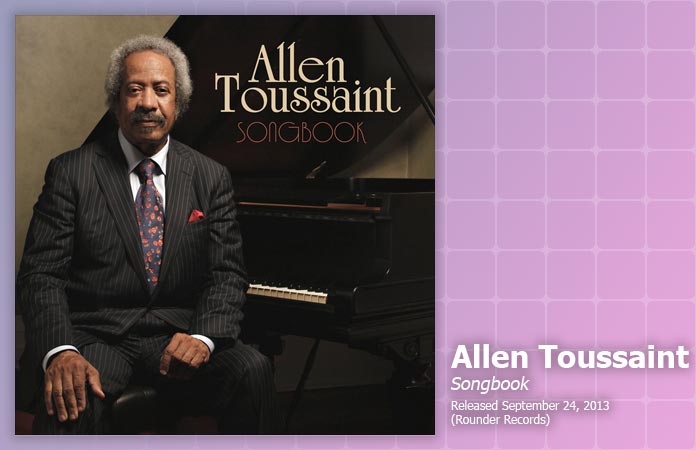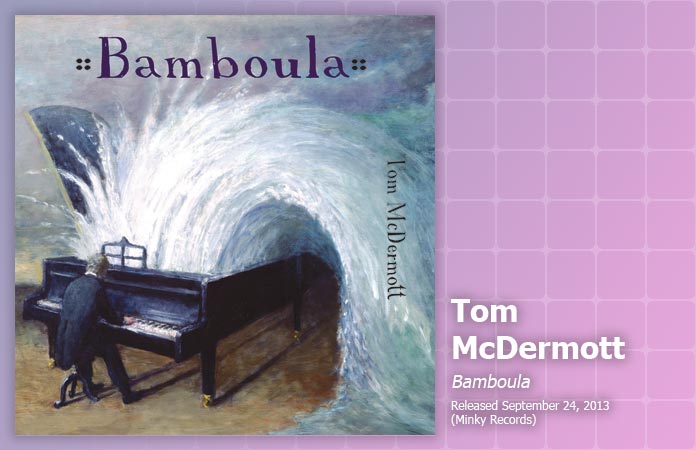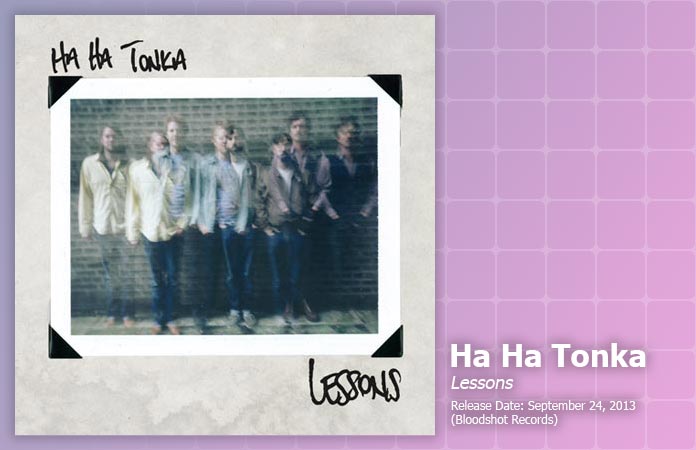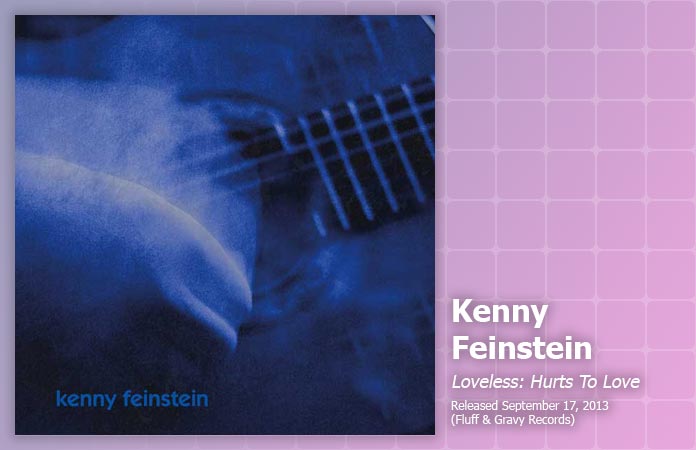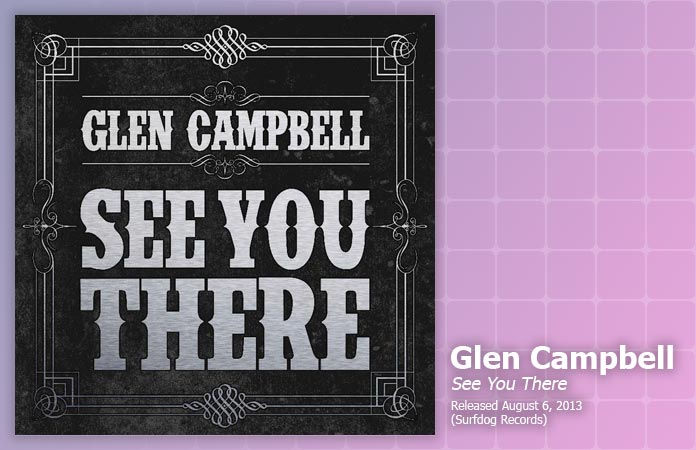Music Review: Jon Batiste and Stay Human, Social Music
Published on October 15th, 2013 in: Current Faves, Music, Music Reviews, New Music Tuesday, Reviews |Jon Batiste was born into New Orleans musical royalty—it is not mere coincidence that Wendell Pierce’s character Antoine shares the surname. On their debut album, Social Music, Jon Batiste and Stay Human dip effortlessly into different genres and make a remarkable album. It’s warm and engaging, and Batiste’s piano prowess is awe-inspiring.
Music Review: James Booker, Classified: Remixed and Expanded
Published on October 15th, 2013 in: Current Faves, Music, Music Reviews, New Music Tuesday, Reviews |All Music Guide calls the original edition of James Booker’s Classified his best album. I can only imagine how delighted they will be upon hearing Classified: Remixed and Expanded. Released on CD and limited edition double LP vinyl, this remixed version offers nine never-before-released songs as well as voluminous liner notes.
James Carroll Booker III went by many self-given monikers: The Bayou Maharajah, The Bronze Liberace, The Piano Pope, The Ivory Emperor. A flamboyant and astoundingly talented pianist, he fits neatly into the lineage of New Orleans piano greats: Jelly Roll Morton, Professor Longhair, James Booker, and Booker’s student, Harry Connick, Jr. Booker was a bit of an odd duck, and perhaps that’s why he’s not in the Rock and Roll Hall of Fame or comes to mind as unbidden as the other demigods of NOLA piano. Dr. John, himself no slouch, called Booker “the best black gay, one-eyed junkie piano genius New Orleans has ever produced.”
Music Review: Electric Six, Mustang
Published on October 8th, 2013 in: Current Faves, Music, Music Reviews, New Music Tuesday, Reviews |Are you imagined or real?
Or somewhere in between?
—Electric Six, “Show Me What Your Lights Mean”
How do you solve an enigma like Electric Six? The unflattering, often condescending reviews of their albums seem to indicate that music critics only listen to them once or twice before discounting them altogether. I hate to bring up the song that rhymes with “Ray Jar,” but not because it’s a bad song. After all, it does bring legions of fans to their shows (though they frequently are, admittedly, drunken and annoying bros who don’t seem to grasp that the band traffics in irony just as well as it does in impossibly addictive music). Yet it illustrates what most people think of when they think of Electric Six. It’s sort of like describing James Spader as “that guy who was in Pretty In Pink.”
Keep in mind this next statement comes from a diehard, committed fan: Electric Six albums are almost always immediately off-putting and it’s only after listening to them several times that their insidious brilliance wraps itself around you like a mental illness. Mustang is no different, but it’s not Fire, Part 9 by any means.
Music Review: The Waitresses, Just Desserts: The Complete Waitresses
Published on October 1st, 2013 in: Current Faves, Feminism, Music, Music Reviews, New Music Tuesday, Retrovirus, Reviews |To bite a phrase from The Simpsons, is there a more misunderstood and underrated new wave band than the Waitresses? Those familiar with them in these post-millennial times probably only know their trio of radio hits—”I Know What Boys Like,” “Christmas Wrapping,” and the theme song from the sitcom Square Pegs. While these songs don’t misrepresent their work, their songs were weirder, complex, and more interesting than those three tracks would suggest. For many years, the only way curious listeners could hear the band’s deep tracks was to seek out The Best of the Waitresses, a remastered-for-CD compilation from 1990. Omnivore Recordings has finally given the Waitresses their Just Desserts with a two-disc collection of their recordings for Polydor.
Music Review: Blitzen Trapper, VII
Published on October 1st, 2013 in: Current Faves, Music, Music Reviews, New Music Tuesday, Reviews |Blitzen Trapper‘s Eric Earley has a story to tell. Loads of them, in fact. Blitzen Trapper’s seventh studio album has a seriously Southern Gothic vibe, which is pretty damn amazing for a guy from Portland, Oregon. VII is full of tantalizing, vivid details and stories that evoke dusty roads and swamplands and rusted out cars. It’s one hell of a ride.
Music Review: Allen Toussaint, Songbook
Published on September 24th, 2013 in: Current Faves, Music, Music Reviews, New Music Tuesday, Reviews |Allen Toussaint has probably written your favorite song, and you didn’t even know it. His new album, the remarkable, amazing Songbook, is a live recording (including a DVD of the performance) of Allen Toussaint, a piano, and his venerable back catalogue. His songs have been covered by such diverse artists as The Rolling Stones, Glen Campbell, Warren Zevon, Devo, Irma Thomas, and The Who. Listening to Songbook, you can’t help but marvel at his songwriting brilliance.
In the wake of Hurricane Katrina in 2005, Allen Toussaint was flooded out of his home and studio and relocated to New York City. There he began to perform solo shows at Joe’s Pub, resurrecting songs he hadn’t performed in years, honing his live show, and developing a passionate following outside of New Orleans. Songbook is taken from those Joe’s Pub shows; an intimate, warm set of songs written by Toussaint that were made popular by other artists.
Music Review: Tom McDermott, Bamboula
Published on September 24th, 2013 in: Current Faves, Music, Music Reviews, New Music Tuesday, Reviews |The veritable Van Dyke Parks has curated a collection culled from New Orleans-based piano god Tom McDermott’s previous albums. Bamboula is pure sonic pleasure from the first note.
Parks elaborates on just what makes McDermott’s playing and composing so astonishing: “As a composer, Tom’s compositions each read like a good short story, filled with motifs, anecdotes, and suspended sub-plots that all resolve in conclusion.” As I listened to Bamboula, I was struck by the visual nature of Tom McDermott’s music. Each song became the music for a movie I wanted to see or possibly be in, richly layered and fascinating. It’s transporting in a way that you long for music to be.
Music Review: Ha Ha Tonka, Lessons
Published on September 17th, 2013 in: Music, Music Reviews, New Music Tuesday, Reviews |The delightfully named Ha Ha Tonka (named after a gorgeous state park in Missouri, replete with a crumbling mansion/hotel) are clearly at a crossroads. Their latest effort, Lessons, is a departure from their previous more stripped-down records, and is chock full of soul-searching, thinky lyrics. I’m not sure the change in direction was a good move.
Music Review: Kenny Feinstein, Loveless: Hurts To Love
Published on September 17th, 2013 in: Music, Music Reviews, New Music Tuesday, Reviews |It became a cliché, nearly a joke, the reverence that rock critics had for My Bloody Valentine’s Loveless album, a singular document of noisy, sexy, melodic weirdness that loomed large in reputation for the 20-plus years since its release. This year has seen several tribute albums to it, somehow all of them excellent, but this latest from Portland-based Kenny Feinstein wins additional points for freshness, sincerity, and an obsessive attention to detail that would undoubtedly please the notoriously perfectionist MBV frontman, Kevin Shields.
Music Review: Glen Campbell, See You There
Published on September 10th, 2013 in: Current Faves, Music, Music Reviews, New Music Tuesday, Reviews |There’s debate on the Internets regarding whether releasing Glen Campbell’s See You There is exploitative. Campbell is suffering from Alzheimer’s disease, and some say this album—stripped down versions of his greatest hits—is just an attempt to cash in. I disagree, utterly. See You There is touching and triumphant—and painful to hear, but in a good way.
